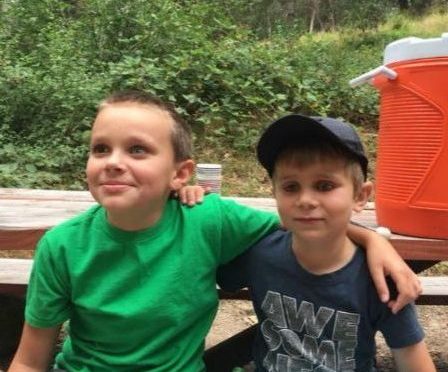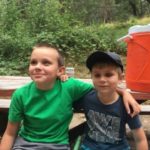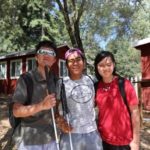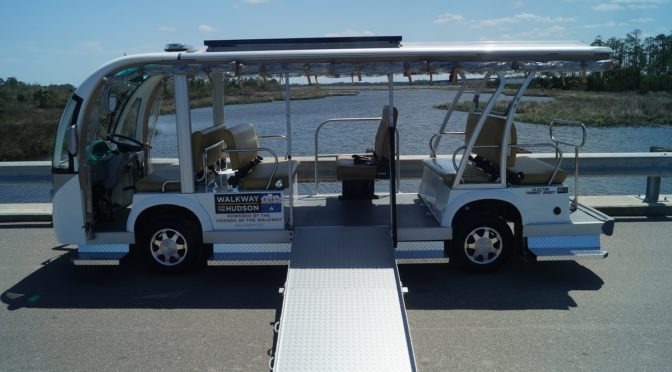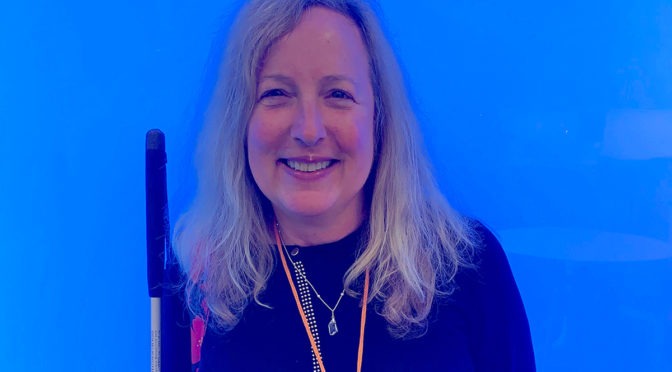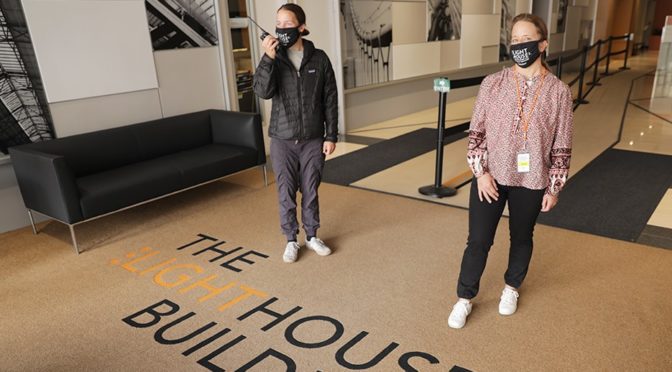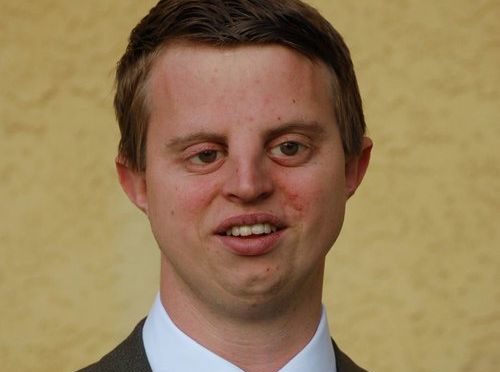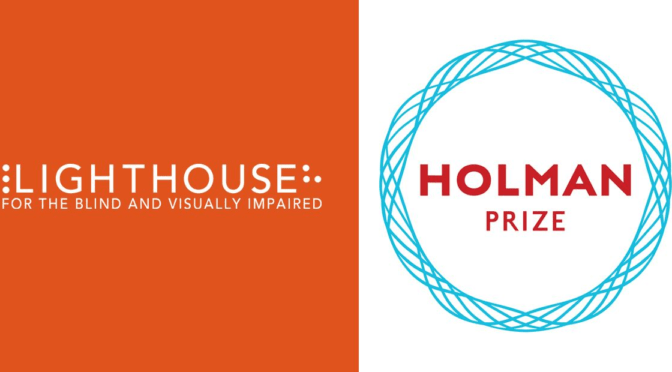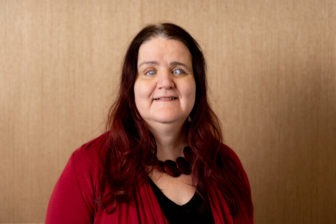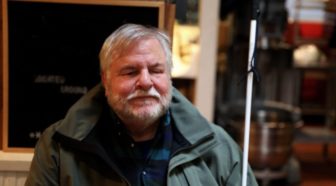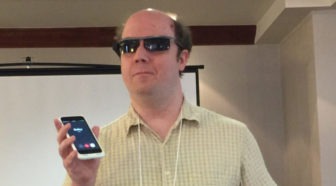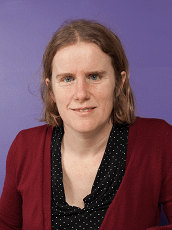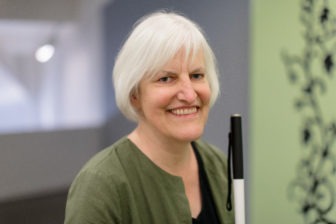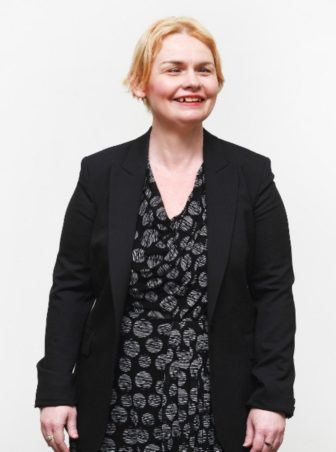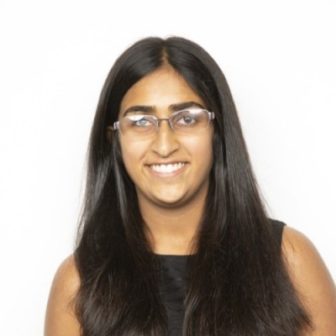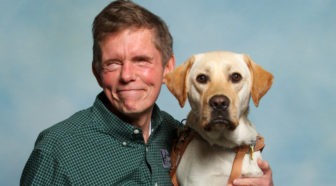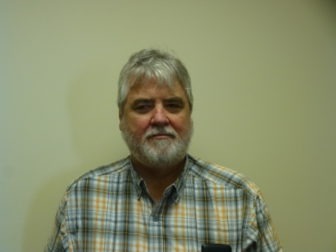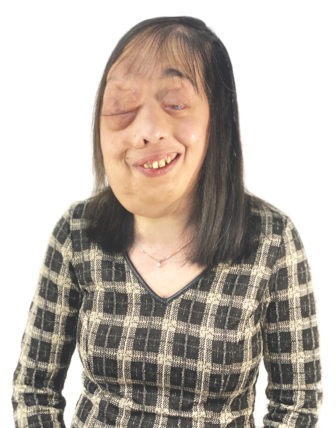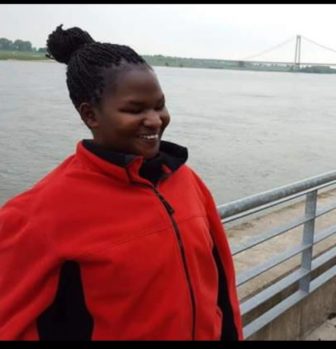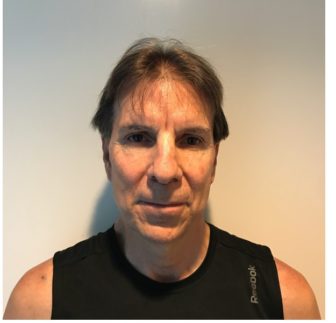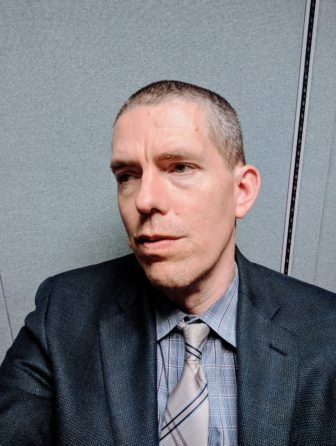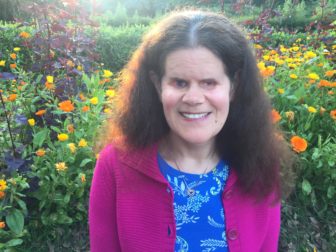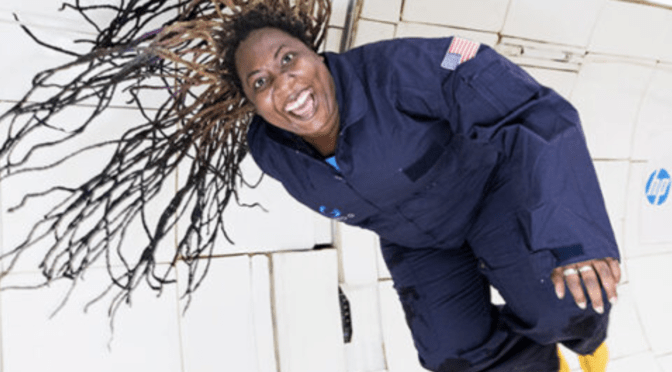POSITION: Multimedia Producer
REPORTS TO: Vice President of Communications
STATUS: Exempt
DEADLINE: Until hired
LightHouse for the Blind and Visually Impaired, headquartered in downtown San Francisco, is looking for a full-time Multimedia Producer to join our growing organization.
Role Overview: LightHouse is a diverse and rich community of people who all have great stories to tell and voices that we want to amplify. We are seeking a multimedia professional who loves telling interesting stories in accessible and creative ways. You will have extensive experience in managing multiple projects from idea inception, through post-production and delivery to a wide range of audiences and platforms.
There are opportunities to pursue an ambitious slate of video, audio, and photo projects.
The LightHouse communications team is a small, agile team where everyone is expected to think creatively, produce steadily, and be prepared to juggle deadlines.
Diversity and Inclusion: LightHouse intentionally and actively works to minimize barriers to employment faced by many marginalized groups. As a result, we welcome applicants from diverse backgrounds and abilities, including but not limited to applicants who possess various disabilities, racial and ethnic backgrounds, sexual orientation, gender identities, and ages.
Qualifications:
- Bachelor’s degree in multimedia journalism or similar
- Demonstrated experience in multimedia storytelling
- Experience in producing short and impactful training videos
- Experience with all facets of video production including editing, subtitling/captioning
- Experience with working with people who may be new to being filmed
- Experience with managing input and storyboarding from a wide range of stakeholders
- Experience with all technical aspects of shooting video including lighting, set-up and staging.
- Ability to work from a set brief.
- Ability to photograph in many settings and under many different conditions including outdoors, gatherings, action shots and stills.
- Ability to crop and frame video and pictures for best results on social media
- Ability to record high quality audio using wild track and sound to convey a picture
- Ability to edit audio to a high standard
- Have excellent verbal and written communication skills
- Ability to write from video/pictures to form a written narrative.
- Well-developed interpersonal skills and ability to put people at their ease and react to changing situations to capture the best footage and product
- Ability to work independently or as part of a team
Physical Requirements:
- Physical mobility and endurance to perform tasks while standing, walking, some for long periods of time.
- Capable of using cameras and deploying lighting and audio while lifting objects weighing up to 25 pounds?
- Ability to safely and properly use tools and equipment.
- Ability to sit at a desk and perform computer-intensive work for long periods of time; operate standard office equipment; ability to work at offsite location(s) independently as needed.
- Work on occasional nights and weekends
Job Responsibilities:
- Produce high-quality video and audio of personal stories, trainings, events, seminars and other subjects as needed
- Manage multiple video projects concurrently from idea inception through final product
- Create interesting videos for a range of different audiences
- Take, crop and edit photographs
- Organize media assets
- Produce and edit audio and video with strong LightHouse branding
- Oversee and completes special projects as assigned
- Work with all LightHouse departments to identify multimedia story opportunities
- Train staff to record their own videos on location for editing later
- Other duties as assigned
Other Duties:
- Please note this job description is not designed to cover or contain a comprehensive listing of activities, duties or responsibilities that are required of the employee for this job. Duties, responsibilities, and activities may change at any time with or without notice.
WORKING CONDITIONS:
The Multimedia Producer will be expected to follow directions from state, local government, and public health officials regarding the wearing of Personal Protection Equipment (PPE). As a result, this job may be required to be performed using a mask and gloves for the protection of this employee, clients, and all Lighthouse employees.
Equal Opportunity
LightHouse is an equal opportunity employer. LightHouse policy and the law prohibit discrimination and harassment based on an individual’s race, ancestry, religion or religious creed (including religious dress and grooming practices), color, age (40 and over), sex, gender, sexual orientation, gender identity or expression, genetic information, national origin (including language use restrictions), marital status, medical condition (including cancer and genetic characteristics), physical or mental disability (including HIV and AIDS), military or veteran status, pregnancy, childbirth, breastfeeding and related medical conditions, denial of Family and Medical Care leave, height and weight, or any other classification protected by federal, state, or local laws, regulations, or ordinances. Our policy and the law prohibit co-workers, third parties, supervisors, and managers from engaging in such conduct.
LightHouse personnel are employed on an at-will basis. Employment at-will means that the employment relationship may be terminated, with or without cause and with or without advance notice at any time by the employee or the Agency.
We strive to maintain a scent-free environment and a drug-free workplace. Employees are expected to behave in accordance with these objectives.
All employees at LightHouse are hired for an indefinite and unspecified duration and consequently, no employee is guaranteed employment for a specified length of time. Employment is at the mutual consent of the employee and LightHouse. Accordingly, either the employee or LightHouse can terminate the employment relationship at any time, with or without cause (“employment at will”).
How to Apply:
After reviewing the complete Job Description located at our website at: https://lighthouse-sf.org/about/careers/, please complete an application as well as a cover letter and résumé as word processing document attachments, (no PDFs please). Please place the job title, Multimedia Producer, on the subject line.

